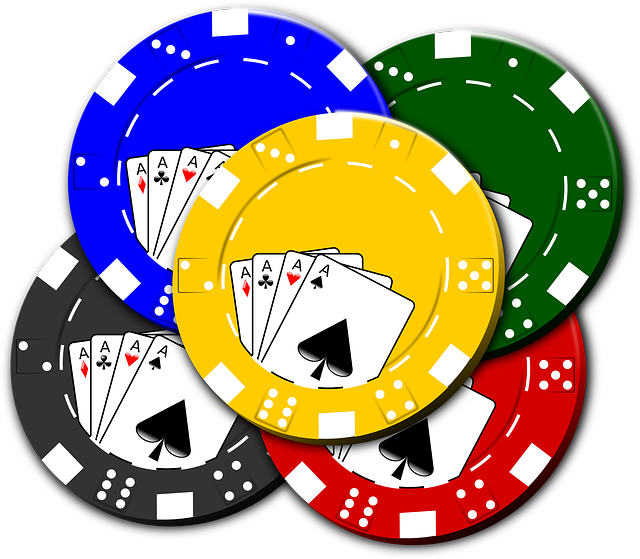Poker enjoyed a remarkable rise in popularity in the early 2000s, thanks in large part to the advent of hole card cameras that allowed viewers to see players' cards. This technological innovation triggered a poker boom, with Texas Hold'em becoming a ratings hit on TV in both the United States and United Kingdom. However, poker's time as a TV darling was short-lived. By the late 2000s, poker programming was on the decline amid oversaturation, shifting tastes, and regulatory concerns.
The Poker Boom
In 2003, the World Poker Tour began using hole card cameras on its broadcasts, letting viewers see the players' cards. This innovation allowed fans to analyze the action and strategy like never before, sparking fascination with the previously niche game. Soon after, online poker exploded in popularity, feeding further interest in the live game.
With poker suddenly a hot commodity, TV networks rushed to capitalize. In the UK, Channel 4 launched the innovative Poker Nations Cup in 2004 featuring teams of pros representing different nations. The following year, ITV4 debuted the International Poker Open. But it was ESPN that truly made poker appointment viewing in the US with its expansive World Series of Poker (WSOP) coverage. ESPN's 2006 WSOP main event final table drew over 5 million viewers.
Most notable WSOP personalities:
| Player | Notable WSOP Achievements |
|---|---|
| Chris Moneymaker | - Won 2003 WSOP Main Event as an amateur, helping spark poker boom - Has won over $3.5 million in lifetime WSOP earnings |
| Phil Hellmuth | - Holds record with 15 WSOP bracelets - Won 1989 WSOP Main Event |
| Doyle Brunson | - Won back-to-back WSOP Main Events in 1976 and 1977 - Authored seminal poker strategy book "Super System" |
| Johnny Chan | - Won 1987 and 1988 WSOP Main Events consecutively - Known for his intimidating table presence |
| Daniel Negreanu | - WSOP Player of the Year in 2004 and 2013 - Second in all-time WSOP earnings with over $18 million |
| Phil Ivey | - Won 10 WSOP bracelets - His "Ivey stare" is legendary at the poker table |
| Antonio Esfandiari | - Set WSOP record by winning $18.3 million in the 2012 Big One for One Drop event |
The Bust
However, poker mania cooled almost as quickly as it had heated up. After peaking around 2005-2006, poker programming entered a steady decline. WSOP ratings on ESPN more than halved by 2009. UK poker shows also saw viewership drop sharply.
Several factors contributed to poker's fall from TV grace. The poker boom had led to a proliferation of programming, saturating the market. Audiences grew fatigued after the initial excitement wore off. Changes in gambling laws also hindered online qualifiers and marketing. Most significantly, the Great Recession starting in 2007 squeezed entertainment budgets. With less disposable income, poker lost some of its appeal as a gambling and lifestyle sport.
Now, while poker continues to have a devoted fanbase, its time as a ratings giant able to compete with major sports appears to have passed, at least for now. However, poker's inherent drama means it can never be counted out completely. Much like the game itself, poker on TV may simply be awaiting the turn of the next card.

